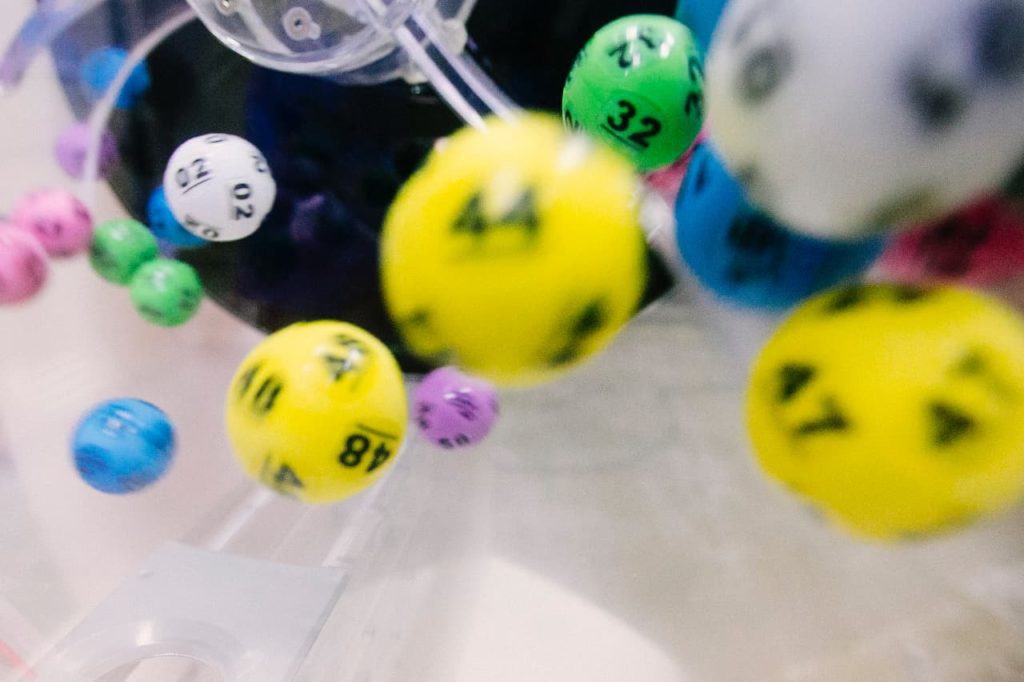In September last year, the Ministry of Justice and Security published a letter in which it confirmed that the new RGA or Remote Gambling Act is now in full swing across the country.
The government also issued a secondary gambling regulation supporting the measures set out in the RGA, adding a ban on using sports teams in ads, even though the sponsorship will be allowed, and bringing some improvements in the bonus rules.
Through the new revamp regulations, the government has established a way in which online gambling activities will take place in the country.
Earlier versions of this act prohibited gambling operators from using high-performance athletes in advertising to protect young people, as it is said that these athletes could be seen as role models. With the new changes, non-sports stars have been added, particularly attractive for the younger audience.
However, following the dialogues, it was pointed out that sports teams are also role models for the much younger audience, which led to their addiction to the ban, with the only exception provided for the sponsorship of sports clubs.
While most gambling operators might be concerned about the impact of the new gambling restrictions, it is said that the safety of players is more important than funneling. However, funneling should not be a goal itself but rather is more valuable if the regulated market protects the players.
The new act also specifies that the processing fee for licenses is set around EUR 48,000.
Also, the act states that a series of sporting events are presented at which gambling operators cannot accept bets. What’s more, in football it is illegal to bet on the Netherlands’ third division or less, in games where partakers are under the age of 21 or younger and friendly matches that are not arranged by the global governing body FIFA.
Bets on major sports events, like the main Dutch national football, FIFA and Uefa competitions, WTA and ATP, horse racing organized by the Dutch Racing Foundation and Dutch Trotting, or European and global regulators will be permitted automatically.
More changes have been implemented after dialogues, namely: operators can offer bonuses to gamers who do not explicitly choose to receive them, players who received an intervention due to their gambling habits will now have to wait longer, but it depends on the duration of restriction and the type of intervention made.
With the new improvements, Dutch lotteries are no longer required to partake in addiction prevention programs, as other operators do, as lotteries are not required to apply the same intervention policy.
Changes in the Policy on Gambling
The new measures will make it easier for Dutch gambling operators to protect players against addiction and other similar risks and even prevent money washing associated with illegal gambling. The RGA also aims at a much more private market and a stronger position for lotteries.
Safe Online Betting
Online games of chance like sports betting and poker are illegal, which means that most operators who do provide these services are not licensed. Not to mention that for those operators, the safety of their customers isn’t an uppermost priority. RGA will make it possible for these providers to meet certain conditions. For instance, licensed operators will need to help their regulars keep their gambling addiction under control. One way of keeping problematic players away from the most popular slots of the day is to remind them to play responsibly, for instance, by noticing how much currency they are losing as they gamble.
The regulators also want licensed operators to be able to exclude players with gambling problems from online betting. A special registry has been created where problem gamblers can register on a voluntary basis or otherwise. As such, it’s easier for operators to protect their customers against such risks. The Dutch Gaming Authority will monitor whether operators are sticking with the rules.
More Opportunities for New Casino Operators
Holland Casino is currently the only licensed provider of casino gambling at real gaming tables. For instance, roulette and poker. The Dutch regulator wants to privatize the operators; as such only 10 of its 14 establishments will continue as Holland Casino.
The rest of the establishments have already been sold separately. What’s more, two licenses will be provided for new establishments, which will allow new casino operators to enter the Dutch market and bring the total number of legal casinos to 16.
That means that Dutch players will be able to enter their favorite slots guide from Holland and choose licensed operators with real gaming tables on the premises. These new casinos will be permitted to offer games of luck, such as slot machines if they have the right license. The Dutch regulators will monitor if these establishments abide by the new Remote Gambling Act, otherwise illegal establishments will be subjected to heavy fines.
More Future-Proof Lottery Systems
There are several lotteries operating in the Netherlands. The regulator’s new plan will help create more social, policy-based, and legally -future-proof lottery operations. The new changes mean that state lottery operators will now have to share the market with private operators.
In the previous year, it took the Dutch government to assemble a law that legalizes online gambling. Gamers increasingly decided not to wait, which led to a growth in the market to hundreds of millions of euros. Watching the latest month trends in online gambling, operators have every reason to expect explosive growth after May 2021. What’s more, the average Dutch gamblers already outspend their German equivalent.
The RGA does not merely legitimize online gambling. Dutch hard-hitters claim they would prefer playing on safer Dutch platforms. Moreover, opening the market also allows online casino operators to advertise and promote the latest game offerings, which have a great potential for the market.
The RGA came at a time when the Dutch player is primed to welcome legal offerings, eager to spend more money than many of their European counterparts.





